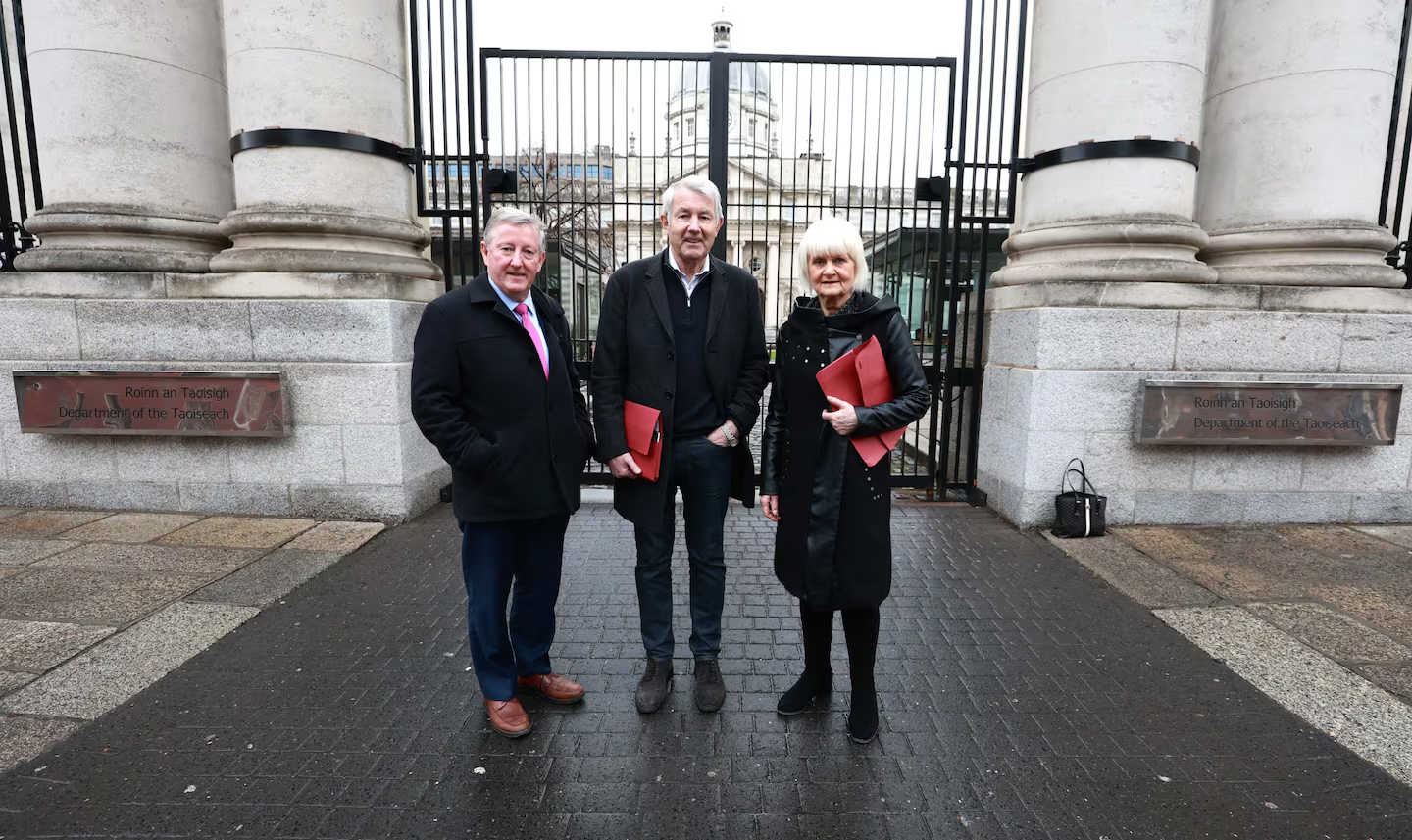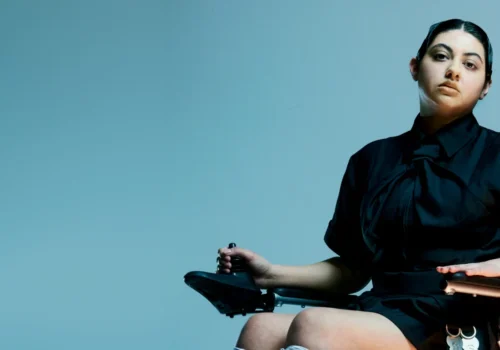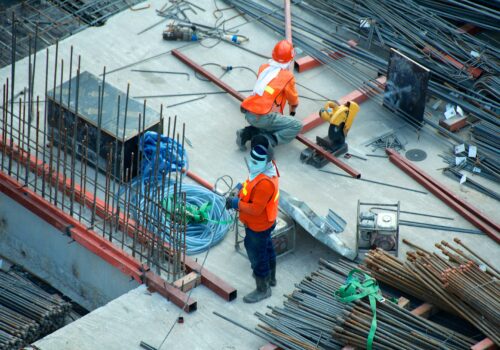5 Things You Need To Know About The New Coalition
Words: Izzy Copestake
Image: Stephen Collins
Ireland’s new coalition government has been shaped by necessity rather than popular mandate. After historic losses at the polls, Micheál Martin is set to return to government as Taoiseach and Fianna Fáil and Fine Gael have turned to Independent TDs to prop them up in the Dáil. This alliance reflects deeper frustrations among voters and smaller parties, who have distanced themselves from the dominant centre-right duo, seeking alternatives to a political system that has long been defined by their dominance. From the Healy-Rae brothers’ unapologetic regional focus to Michael Lowry’s controversial influence, here are the things you need to know about the new coalition government.
Independents Are Propping Up Another Fianna Fáil and Fine Gael Coalition

In the election, Fianna Fáil and Fine Gael only won 87 seats between them, falling short of the 88 needed to govern. While government spokespeople have denied any special constituency deals, the Independents have openly emphasised their focus on delivering roads, schools, and hospital projects in their regions, as part of the Regional Independent Group. This arrangement underscores the precarious balance of power, with Fianna Fáil and Fine Gael relying on the Independents to maintain their 17-seat majority in the Dáil. In return, the Independents are leveraging their position in the hope of influencing regional infrastructure priorities.
Small Parties Reject A Coalition with Fianna Fáil and Fine Gael

Groups like the Social Democrats, Labour, and the Green Party have distanced themselves from the two dominant centre-right parties, citing fundamental differences on policy priorities such as climate action, housing reform, and social equality. The Greens’ devastating performance in the recent election—retaining just one of their 12 —echoed Labour’s historic collapse in 2016, when the party endured its worst-ever result just five years after its best. By rejecting the coalition, these parties are breaking a failed pattern of attempting to enact “change from the inside” and are positioning themselves as an opposition voice, reflecting the growing frustration among voters who are seeking alternatives to the long-standing political dominance of Fianna Fáil and Fine Gael.
The Healy Raes In Government

The Healy-Rae brothers have been explicit about their reasons for joining the coalition: it’s all about Kerry. Danny Healy-Rae has stated that “you couldn’t put a figure” on the level of investment he and his brother aim to secure for their home county, adding that the scale of their ambitions is vast. Michael Healy-Rae is set to take on a junior ministerial role, which will likely demand significant time and effort outside Kerry. Their participation in the government raises questions about balancing local and national priorities, as well as how the Healy-Rae brand will adapt to the pressures of high-level governance. The brothers have built their political legacy on championing Kerry’s interests; only time will tell if they can “do right by the people of Kerry” as promised—or risk losing their seats in the next election.
Michael Lowry’s Role Sparks New Controversy

The Tipperary North TD has served as the point of contact for the Regional Independent Group during negotiations for the new government. However, his involvement in supporting the coalition has reignited discussions about his controversial political history. Lowry has faced allegations of corruption and tax evasion, particularly in relation to the Moriarty Tribunal, which described his actions as “disgraceful and insidious.” 19 years on from the first report, Lowry remains a polarising figure in Irish politics. Critics argue that his backing of the government damages its credibility and raises ethical concerns about the compromises made to secure a majority. Despite this, the coalition has defended its alliance with Lowry, emphasising the need for broad support to maintain stability.
A New Programme for Government

The incoming coalition’s programme reiterates several commitments from the last one’s, prompting Sinn Féin to label it a “copy-and-paste job from five years ago.” Key promises include the construction of 300,000 housing units over the next five years and the maintenance of long-term savings funds, alongside plans to create 300,000 new jobs by 2030. However, there are also some new elements, such as the creation of a dedicated unit within the Department of Public Expenditure and Reform to oversee large infrastructure projects, and an early review of the National Development Plan. Controversial housing policies, including the Help to Buy and First Home schemes, are set to be extended, despite criticism over their inflationary impact. While the return of the 9% VAT rate for food-led hospitality businesses is not explicitly mentioned, it is understood that an agreement has been reached for this measure in the next budget.





